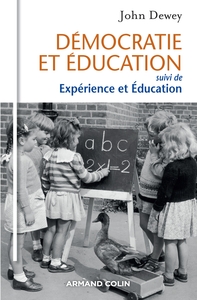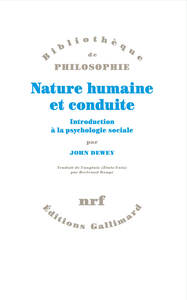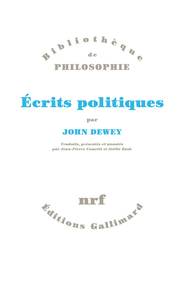Nous utilisons des cookies pour améliorer votre expérience. Pour nous conformer à la nouvelle directive sur la vie privée, nous devons demander votre consentement à l’utilisation de ces cookies. En savoir plus.
Democracy and Education
EAN : 9791041801022
Édition papier
EAN : 9791041801022
Paru le : 2 mai 2023
24,90 €
23,60 €
Disponible
Pour connaître votre prix et commander, identifiez-vous
Notre engagement qualité
-
 Livraison gratuite
Livraison gratuite
en France sans minimum
de commande -
 Manquants maintenus
Manquants maintenus
en commande
automatiquement -
 Un interlocuteur
Un interlocuteur
unique pour toutes
vos commandes -
 Toutes les licences
Toutes les licences
numériques du marché
au tarif éditeur -
 Assistance téléphonique
Assistance téléphonique
personalisée sur le
numérique -
 Service client
Service client
Du Lundi au vendredi
de 9h à 18h
- EAN13 : 9791041801022
- Réf. éditeur : 293287
- Date Parution : 2 mai 2023
- Disponibilite : Disponible
- Barème de remise : NS
- Nombre de pages : 494
- Format : H:210 mm L:148 mm E:27 mm
- Poids : 633gr
- Résumé : Life is growth. Education is therefore essential to human life as it fosters for individuals the capacity to perpetuate growth. This is the theory expressed by John Dewey in this critical review of the philosophy of education. Throughout this work Dewey traces the aims of education to their philosophic and historical bases, and explains how differing aims can lead students to gain not only differing levels of knowledge, but also different morals and values. The values taught to students may or may not be explicit, but they have an effect on society. Dewey argues that certain values are more conducive to a truly democratic society and that a good educational system should be designed to encourage precisely these values. Specifically, Dewey takes issue with schools that rely heavily on testing and memorization. He argues that this type of education is a result of a duality that regards practice as in opposition and inferior to theory. Education that is dependent on strict discipline and conformity breeds a society that is conformist, low in initiative, and acquiescent to authority. A better system would allow the students some level of freedom to define their own suitable projects that teachers could guide in ways to ensure the students learn core skills such as literacy, arithmetic, and the natural sciences through practical applications. Such an interactive education would also be a way for students from different backgrounds to interact with each other. This has the positive effect of breaking down class barriers and building a more empathetic society. Though it was written over one hundred years ago, many of the themes and concerns voiced by Dewey can be found in modern-day critiques of the educational system. In addition to lambasting an over-reliance on testing, Dewey questions over-specialization, teaching of abstractions over applications, and the lack of time spent on developing skills that can be used outside of school.












